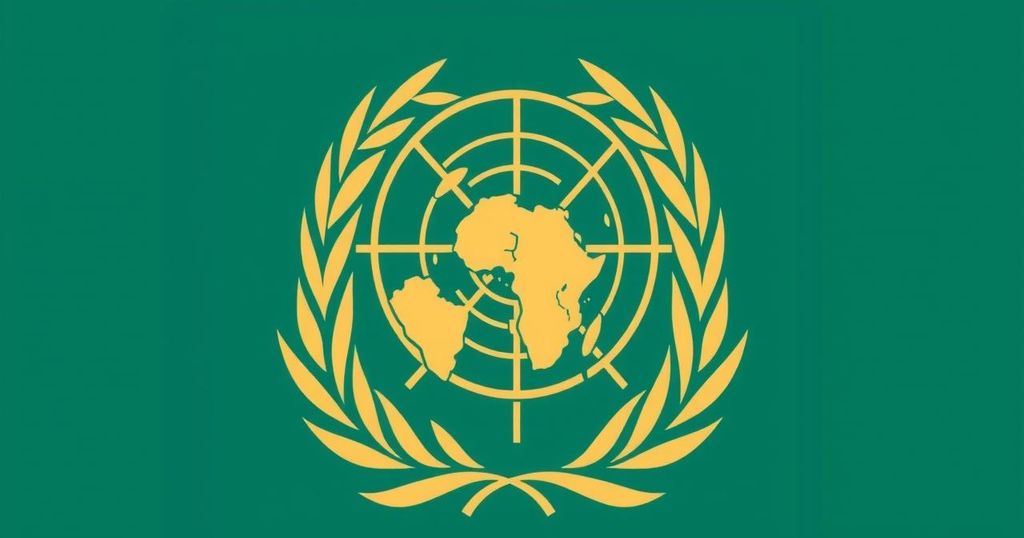COP29 Concludes Amidst Criticism of Inadequate Climate Finance Agreement

COP29 concluded with substantial criticism from African leaders over the inadequate public climate finance agreement of $300 billion USD, compared to a required $1.3 trillion for climate-vulnerable regions. Activists emphasized that the agreement perpetuates ‘climate colonialism’ and called for stronger actions and accountability from wealthy nations, particularly in light of the challenges posed by climate change.
The conclusion of the 29th UN Climate Change Conference (COP29) in Baku, Azerbaijan, has evoked strong criticism from African leaders regarding the meager climate finance agreement reached. The conference set a public climate finance goal of $300 billion USD, while projections indicate a necessity of $1.3 trillion to adequately support communities in climate-vulnerable regions. Fred Njehu of Greenpeace Africa condemned the proposed finance, describing it as insufficient and as a form of “climate colonialism.” He emphasized that the funding provided by wealthy nations is disproportionately low in relation to the crises faced by African nations that have contributed little to global emissions.
Dr. Lamfu Yengong, an expert on the Congo Basin and a representative of Greenpeace Africa, criticized the newly agreed carbon market mechanisms as a neo-colonial tactic that enables rich nations to continue their pollution while exploiting Africa’s natural resources as carbon offsets. Yengong affirmed the necessity of safeguarding Africa’s forests against exploitation by foreign fossil fuel companies. Jasper Inventor, head of the Greenpeace delegation, expressed that the finance goals agreed upon are insufficient to address the vast challenges and despair stemming from climate change. He called for a united front against fossil fuel interests and urged leaders to rise to the occasion and commit to necessary climate actions in the upcoming COP30 in Belem.
The COP29 conference aimed to address the urgent financial needs of communities worldwide that are grappling with climate change impacts. However, serious discontent arose when the proposals offered by wealthier nations were deemed inadequate. Leaders from Africa, who are among those most affected by climate disasters, voiced their frustration at the lack of commitment demonstrated by the Global North. The proposed agreements, particularly concerning public climate finance, indicate a disparity between the funded amounts and the challenges faced by vulnerable regions.
In summary, COP29 concluded with significant disappointment from African leaders and climate activists, who deemed the financial offers insufficient against the backdrop of escalating climate crises. The agreement reached lacked the necessary financial commitment to support those most affected, being criticized as a perpetuation of climate colonialism. As attention shifts to COP30 in Belem, advocates express an unwavering determination to push for more substantial climate justice and sustainable development initiatives, demanding that polluters be held accountable for their environmental impacts.
Original Source: www.greenpeace.org






